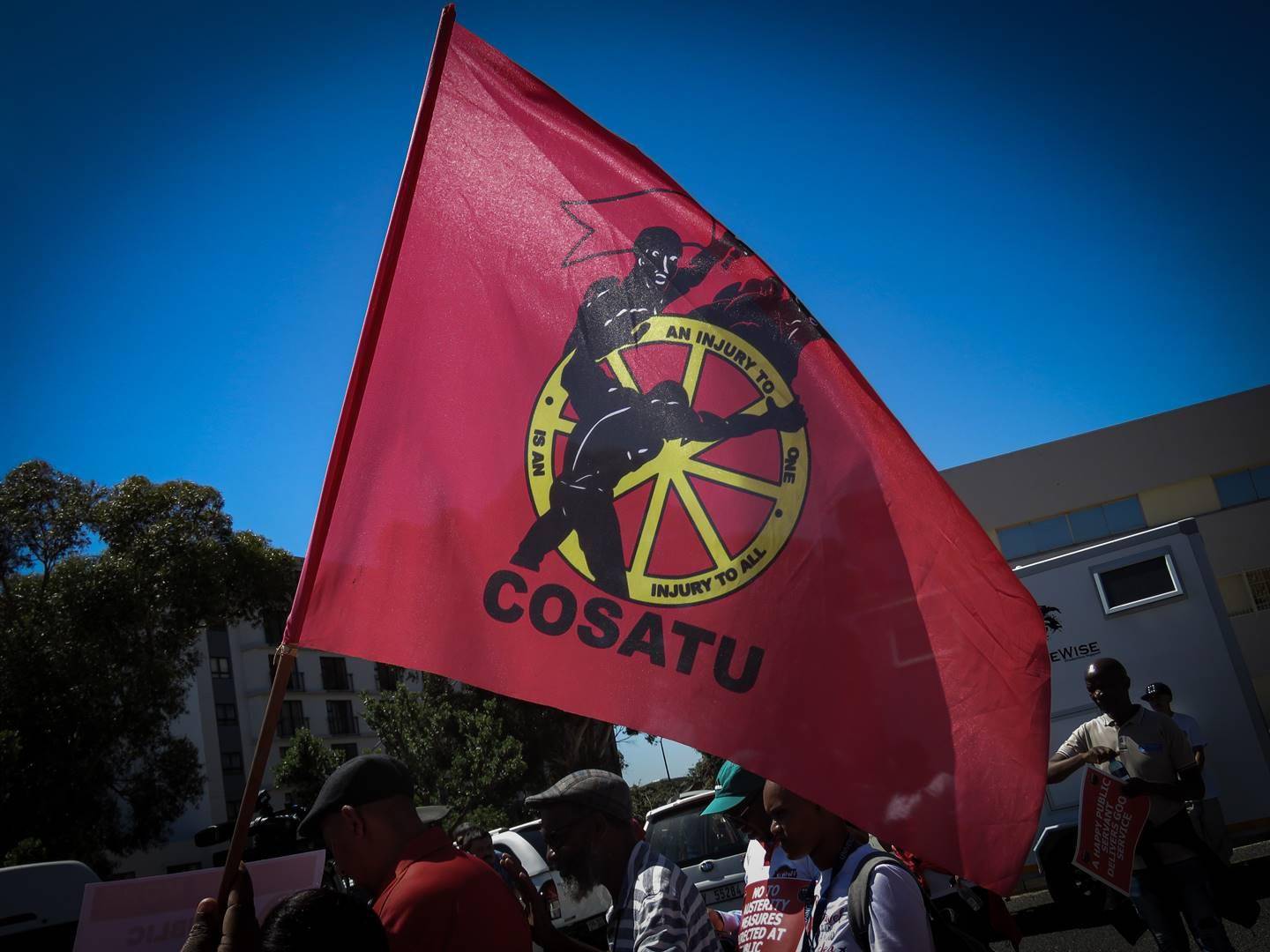
Cosatu plans a national strike on the economy on Thursday.
- Cosatu is set to strike on Thursday.
- It demands action on load shedding, cable theft, crime and corruption.
- The last Cosatu strike did not cause major disruptions.
- For more financial news, go to the News24 Business front page.
Trade union federation Cosatu and its affiliates will strike on Thursday in protest against the state of the economy, poor governance, and the falling living standards of workers, it said in a statement on Monday.
The strike will occur under section 77 of the Labour Relations Act (LRA), for which the federation has received a strike certificate from Nedlac. The strike is therefore protected under the LRA, and no one can be dismissed for participating. However, the no work, no pay rule will apply.
In its statement, Cosatu said:
“It is a demonstration by workers that government needs to do more to end the levels of load shedding, cable theft, crime and corruption, wasteful expenditure, and austerity crippling the state, suffocating the economy, and further plunging workers into high levels of indebtedness and misery. This is also a signal to the government, the Reserve Bank, and the commercial banks that the working class can no longer afford to bear the burden of rising levels of inflation, electricity tariff hikes, and relentless and reckless increases in the repo rate.”
Cosatu claims its affiliates have a membership of 1.8 million, but a substantial section of these is in the public service, which includes essential services workers which may not strike.
Cosatu’s last day of action just under a year ago did not cause significant disruption to the economy as it was poorly attended by workers. Last year’s protest was also backed by rival federation SA Federation of Trade Unions (Saftu).
Cosatu says, among other things, it wants the government to:
- Raise the R350 social relief of distress grant to the food poverty line (which is R624);
- Increase the number of participants in the presidential employment stimulus programme, which employs mainly unemployed youth, to 2 million participants by February;
- To intervene and rebuild Transnet and Metro Rail; and
- To provide more resources to the SA Post Office to prevent its liquidation.